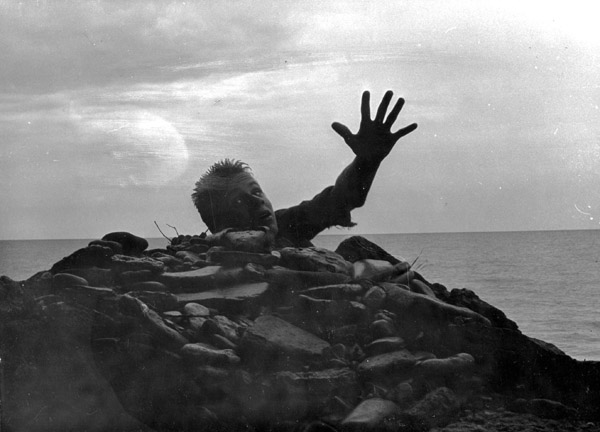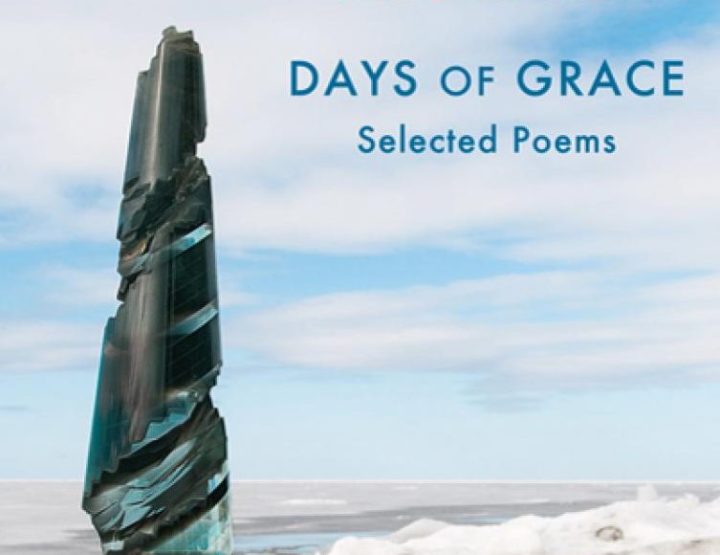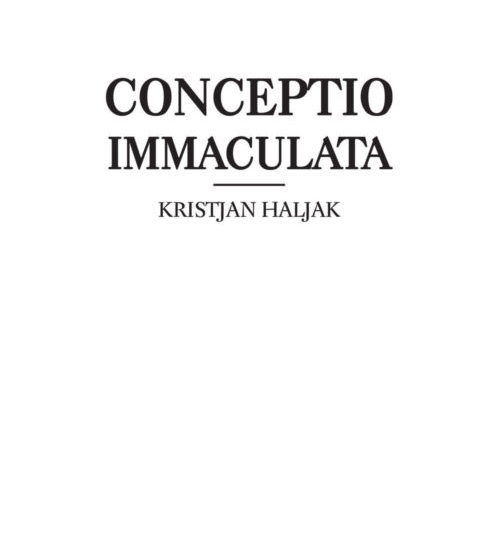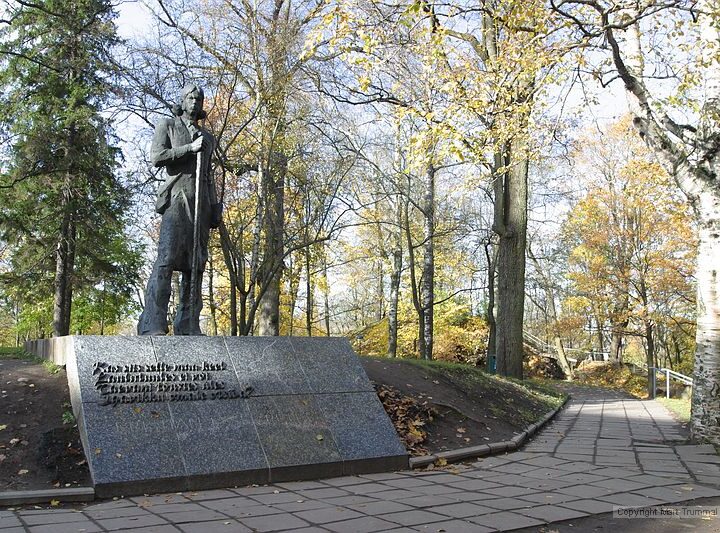Andres Allan Ellmann (1964-1988) was one of the very few mystical poets in post-war Estonian poetry. I think it was in his blood – his mother Leili, a lover of poetry and a good nurse, is a mystic herself and his daughter Joanna, who was born early – two weeks before her father’s death and whom Allan only saw as a distant living spot held out in her mother’s hands from the window of the sixth floor through an ambulance, is now a poetess and seer herself.
As a child, Allan and his elder brother, nowadays Estonian pop artist Raoul Kurvitz, had year-long fantastic “movie” series of a sort of kids’ live performance school. He was always a good watcher and had an inner way of understanding. Allan was among the first wave of Estonian punks, when the movement was in its early free-form and improvisational stage, and took part in the youth rebellion that started after the prohibition of the concert of the Estonian proto-punk band Propeller (1980), “punk marching” was invented there, and he also protested in the other youth riots that followed the communist program of Russification. The KGB had their eye on him. Later, his worldview moved closer to hippies, but remained independent nevertheless. After finishing high school he chose to learn theology, and his interests were faith healing, beliefs of indigeneous people, early Christianity, unitas fratrum (herrnhuters), Dionysos Areopagita, and Buddhism. He worked as a church assistant in Tallinn’s Toomkirik (Dome Church), spending many a nightly hour there and made one religious happening with his friends. His faith was immediate and uncompromising and every manifestation of religious hypocrisy devastated him so. He is said to have attacked hypocrite priests.
As many a Soviet vagabond, he made distant train rides as a cow herder and made eccentric pilgrimages in the territory of the former USSR. In their teenage years, he and his friend bought an old Käända country manor with some small help from their parents. This special, solitary place far away from any nearby farms, with no electricity and some astral occurrences reportedly still present, somehow developed his style and became his door to the inner world of poetry. Many times he would go there by himself, take the evening train, walk a long way, light candles, heat the ovens, go for long walks in the forests and marshes, pray in the empty ruin of the mill, play the flute, sit on the branch of an oak, listen to the animals passing and flying, learn, read, and so much more. The most intense trips were made at night, when familiar orientation fades and unknown and ancient mental territories open up their borders to seekers. He would write his visions down with a typewriter. That’s why I called the larger collection of his poetry Öötrykid (Night prints) (2009) using his own word.
A close relationship with nature is one component of his style, as is a primitive way of perceiving the world. No one knows for sure what happened in the end. His experimental way of living might have pushed him too far. After spending two solitary weeks in the manor in the spring of 1988 (the time of national awakening and hope in Estonia) he returned changed, claimed to have met God, said he had to give the last offering and remained in enigmatic silence most of the time. He and his wife sought help from healers and sorcerers, but to no avail. One summer’s day he fell from the attic next to his family’s flat. Some claim that someone from the KGB pushed him, others say it was some kind of health problem, still others guess it might have been religious psychosis or suicide. Every witness has a different theory and the KGB archives have been taken away to Moscow. So the mystery remains and poetry is still pretty much the only way to understand the man. His poems were published during his lifetime but the collection, which featured his self-compiled manuscript called Urila manu (Toward the Offering Land) plus some poems collected from the manuscripts eventually called Urjamised (Offerings) were published four years after his death, in 1992.
His life and poetry have been a great help and inspiration for me for two decades now. I felt as though this love needed to be fulfilled, and this lost prophet helped. So I contacted his widow and had access to manuscripts, pictures, and informants. First, I published a long essay and a small bunch of his “new” poems, then came an hour-long radio broadcast about him, and after meeting his daughter, we decided to create a book of photos with a long essay at the end. When Joanna went to his grave and communicated our idea to her father, she heard a slow and contented flute melody in her mind. We had agreement from the Other Side. So came the book and now there are a few translations. I hope that seekers of different nations all recognize each other. if someone would publish an anthology of the world’s short-lived and idiosyncratic young poets, this would be the best Estonian entry.
Lauri Sommer is an author, musician, and man of the country. He is currently working on a collection of short stories and occasionally translates Native American songs.





